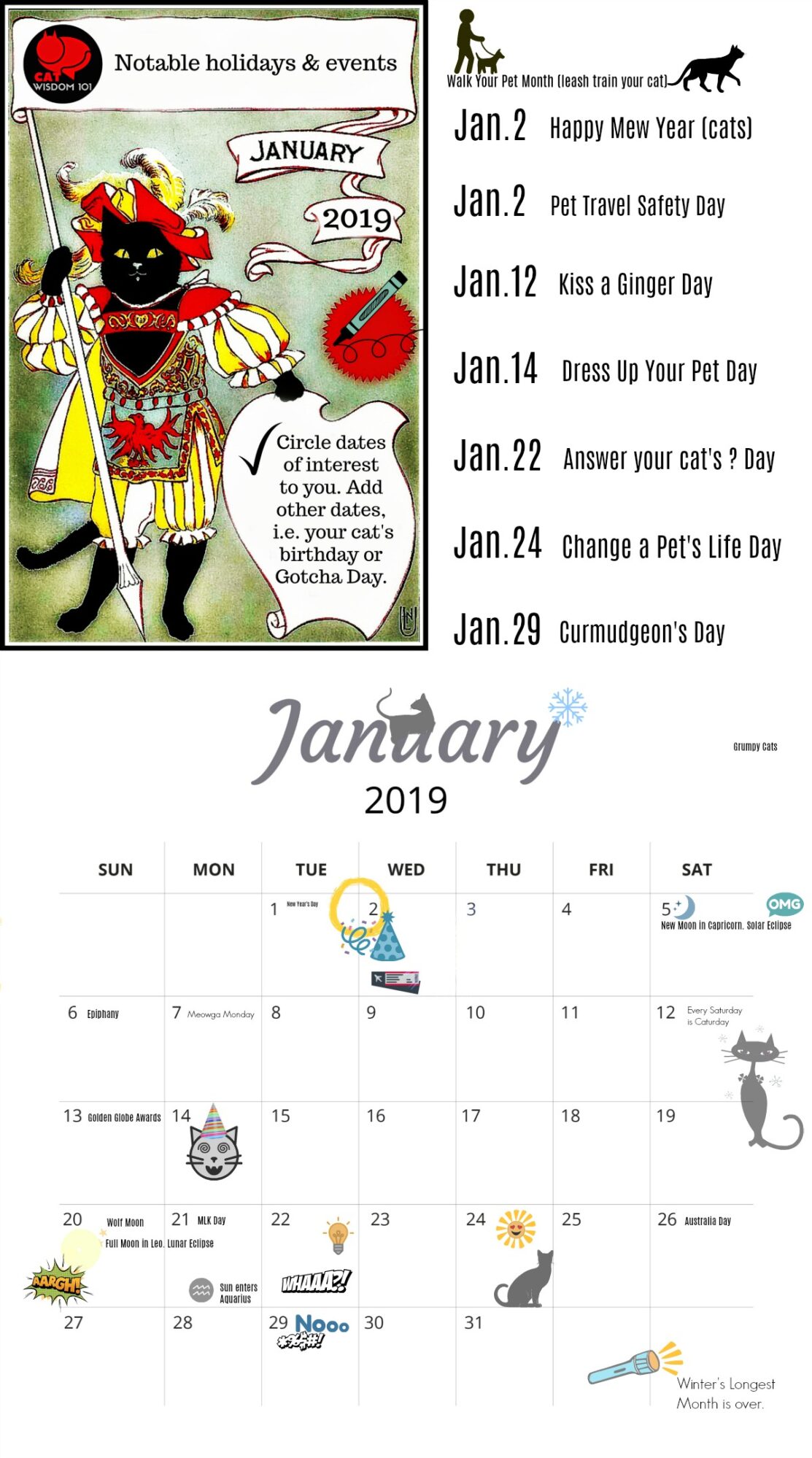If There’s a Will, There’s a Way
We’re happy to announce our Vet 101 Q & A is back with Dr. G, fresh from his TV appearance on Pet Keeping With Marc Marrone (Martha Stewart’s go-to pet expert). If you have a question for Dr. G. (Rich Goldstein) send it to: [email protected] with Vet Q & A in the subject line.
No one who loves their cat wants to think about them dying. We live for today, assuming we will outlive our cat but some cat guardians are thinking ahead, making provisions in their will for their beloved cat. The cat blogosphere ignited when news of an Italian cat inherited 10 million Euros and opened up a proverbial can of worms. Since then, I’ve received numerous calls and emails about the subject including this question:
Q: How do you feel about pet owners having wills to provide for their pets after they die and how can they reinforced? What if the person dies, and a son who has power of attorney doesn’t respect their mother’s wishes and has the cat euthanized?
A: No one likes to contemplate getting their final affairs in order. But when pets are involved, it’s our responsibility to them to make sure they are taken care of after we’re gone. In recent years, many stories have appeared in the press about celebrities leaving large portions of their estates to their cherished pets. (Remember when Leona Helmsley reportedly left $12 million to her Maltese, “Trouble”? Or, how about Tommaso that newly monied Italian kitty?) For those of us with smaller fortunes, we can still make sure our critters live comfortable lives in our absence.
In the past, owners who attempted to leave money to their pets were met with frustration and lots of rolling eyes. Trusts were often invalidated because pets were viewed as “personal property” and therefore not “entitled” to the money. Sometimes, trust money was used for “other” (unscrupulous) purposes by the people put in charge because there were no rules governing enforcement of the trust document.
But, according to the website animallaw.info, things began to change in the 1990’s with the creation of “Pet Trust Laws” in 39 states. A pet trust can now be established to set aside a sum of money for the care of your pets in the event of your death. In addition, the trust enables you to establish specific instructions for your pet’s care for the rest of his life. A trustee can be named to oversee the disbursement of funds, and a caretaker can be named to carry out your instructions. In the event that there is no specific person you can name as caretaker, bequeathing the trust to an animal sanctuary that would be entrusted with your pet’s care, can also help care for other orphaned pets at the same time.
Dr. Jim Humphries, of Veterinary News Network added two other guidelines for pet owners to consider when establishing last wishes for your pet. First, he suggests carrying an “Animal Card” so that if you are injured or die unexpectedly, emergency personnel will know where your pet is and who will be in charge of her care (also make sure to include your vet’s name and number on the card). He also suggests naming a human beneficiary in your will who would receive funds to be your pet’s caretaker and cover your pet’s expenses.
As with all final arrangements, it’s important to consult an attorney in your state to make sure you understand all of your options, and that all of the I’s are dotted and T’s are crossed. In addition, make sure that the people you appoint to administer your affairs are trusted fellow pet-lovers who fully understand your wishes and instructions. Thinking and planning ahead can help to avoid an uncomfortable family situation like the one you describe. No one wants to have to worry that their loving pet will receive anything less than the most loving care they deserve when you can’t be there.
Editor’s Note: Many cats currently in shelters are there because their owner died without making provisions. Regarding the animal card mentioned by Dr. G., I would first enlist a friend or relative who lives nearby to act as temporary caregivers in case of your sudden death. Give them a copy of your house keys, security code (if any) feeding and care instructions, your vet’s and attorney’s names and contact info. Inform your vet of your action so they can update your file and know you have authorized the temporary guardians to provide vet care if needed.
To make an Animal Card: take a blank business card and include:
In the case of an emergency, I_____ have the following pets: at home who need help (list their names ages, breeds). Please contact: List your temporary guardians contact info and your vets info. Carry the card with you at all times. Update yearly with any changes. If you work with an animal communicator or behaviorist, ask if they would like to be added them to the list for added support.
If you have any additional suggestions, please leave a comment or email me.





7 Comments
Abby
We worry about this as we have no one we would trust with our babies…and it is in the forefront of my mind and something we will have to find an answer too.
purrs
>^,,^<
♥Abby♥Boo♥Ping♥Jinx♥Grace♥
Brian
That sure does lead to some sad situations. Actually we have sister Precious because her human up and died on her.
Cheysuli
I love the pet card. The Woman worries that if something happened to her AND the Male that there would be no one to care for the cats. She’s going to talk to her pet sitter immediately to get her permission for such a thing to carry.
Carolyn
Very interesting, though here in the UK, it will be different. Happily I have young relatives who would fight to take on Austin!!!
Ingrid King
Very important information for every pet guardian.
Milo and Alfie
We think it is very important to ensure beloved pets are cared for after a death. There are charities in the UK who will ensure the pets of the elderly are provided for to put the minds of elderly and ill at peace, here is one: http://www.cinnamon.org.uk/
Mom’s uncle is terminally ill at the moment ~ and the first thing he did when he was told was make provision for his beloved animals.
This is a great post for raising awareness. Thank you.
boomermuse
Sorry to hear about mom’s uncle and thanks for the link.
@Ingrid, thanks.
@Carolyn, good to know Austin has a plan.